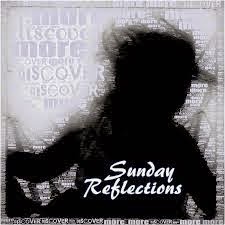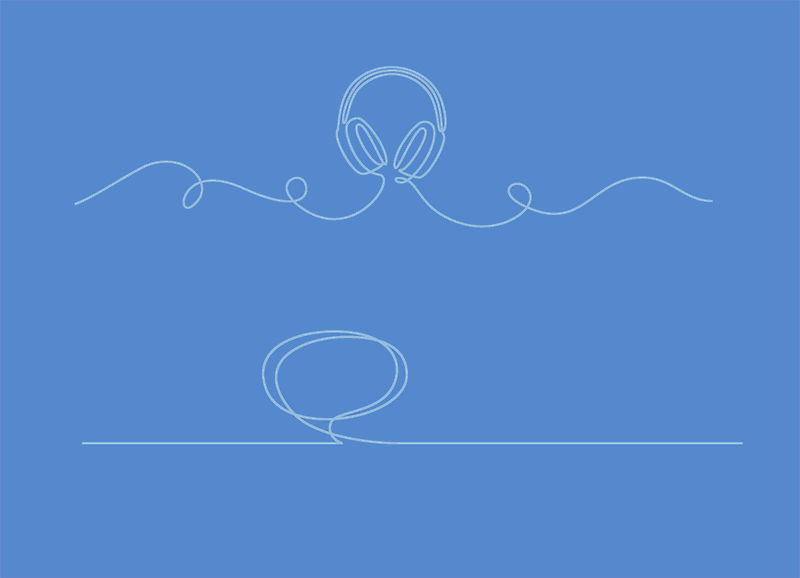Sunday Reflections: Wrestling with Nate Parker and the Narrative of Forgiveness
 When I started high school, I completely had to cut myself off from a part of my family in order to protect myself from the man who had spent the previous year molesting me. I was not universally supported in this decision. Many people considered it an inconvenience to the family. Many others remarked that I was hurting this person. Very few people were concerned about my safety or well being, which is often the case with sexual violence.
When I started high school, I completely had to cut myself off from a part of my family in order to protect myself from the man who had spent the previous year molesting me. I was not universally supported in this decision. Many people considered it an inconvenience to the family. Many others remarked that I was hurting this person. Very few people were concerned about my safety or well being, which is often the case with sexual violence.
We live in a world where we still care more about the ramifications of sexual violence charges on the perpetrator then on the results of sexual violence on the victim. Judges, for example, give lenient or almost non-existent sentences because they are worried about how it will impact these lives of these young men. Brock Turner will serve little to no time. And he is but just one example.
ADVERTISEMENT
ADVERTISEMENT
I have thought about this a lot this week as I have wrestled with the news of Nate Parker and reading IRREVERSIBLE by Chris Lynch.
In the interest of full disclosure, let me say this: the man who abused me when I was in the 8th grade is now a part of my life. He went to therapy. I went to therapy. I have chosen to forgive him and have a relationship with him. But it was my choice. And it is not always an easy relationship. It’s been 30 years, but I still wrestle with many of the effects of being sexually abused. And there are both spoken and unspoken rules to our relationship. He doesn’t get to pretend that my childhood was okay, because it wasn’t. He doesn’t get to act like nothing happened because it did. He knows that I talk openly about being a victim of sexual violence and he doesn’t get to complain about that because this is the truth of my life.
So if I have forgiven and chosen to have a relationship with my abuser, why am I so hesitant to easily forgive public figures for their crimes of sexual violence? The answer is because of this: in the public discourse, we still focus to much on dismissing and coddling the perpetrators of sexual violence and this is a huge problem for victims everywhere. Our focus on perpetrators as opposed to victims continues to support rape culture and victim blaming, making it harder for victims to come forward and get the legal and emotional help that they need to survive.
Also, I think that we need evidence that perpetrators have done the work necessary to understand their crimes and seek true forgiveness. It’s one thing to say your sorry because you got caught and need to save public face, it’s quite another to understand that you have truly harmed your fellow human beings and contributed to a culture that makes it harder for victims of sexual violence to get justice and support. I’m sorry I got caught is not the same thing as I did an evil thing.
How we discuss and handle sexual violence publicly is incredibly important. It defines our culture. It can make it easier or harder for victims. Traditionally, our culture has made it incredibly hard for victims. And even though there is more discussion about sexual violence, we are still wrestling with victim blame and perpetrator supporting. How we talk about these issues in the media sends both explicit and implicit messages to everyone about how we should respond to accusations and victims of sexual violence, and right now we are still not doing a very good job with this.
Nate Parker’s charges of sexual violence occurred in 1999. Do they matter today? We don’t get to decide that. Unfortunately, the only person who does get to decide that took her own life because of the many ways she suffered as a victim of sexual violence. But now that this information is public, we very much have a responsibility to all past and future victims to discuss the ways in which we publicly wrestle with sexual violence. How we talk about what happened then now matters because it can either reinforce or dismantle rape culture.
When we talk about Woody Allen, Nate Parker, Bill Cosby and more, we’re not just talking about individual cases. We’re talking about about sexual violence as a whole and how we can change our culture so that victims can get the justice and the support that they need. Because Nate Parker’s case has become public it is no longer a private matter, but it’s a part of a larger discussion that helps us define as a culture how we are going to respond to sexual violence. It sets the tone for the next victim who comes forward seeking justice and support. We have failed victim after victim after victim. It’s time that we change the conversation and start supporting them, which is why I can’t separate the art from the artist. It’s not just about the art, it’s about our culture.
Filed under: #SVYALit, #SVYALit Project
About Karen Jensen, MLS
Karen Jensen has been a Teen Services Librarian for almost 30 years. She created TLT in 2011 and is the co-editor of The Whole Library Handbook: Teen Services with Heather Booth (ALA Editions, 2014).
ADVERTISEMENT
ADVERTISEMENT
SLJ Blog Network
One Star Review, Guess Who? (#202)
Review of the Day: My Antarctica by G. Neri, ill. Corban Wilkin
Exclusive: Giant Magical Otters Invade New Hex Vet Graphic Novel | News
Parsing Religion in Public Schools
ADVERTISEMENT







